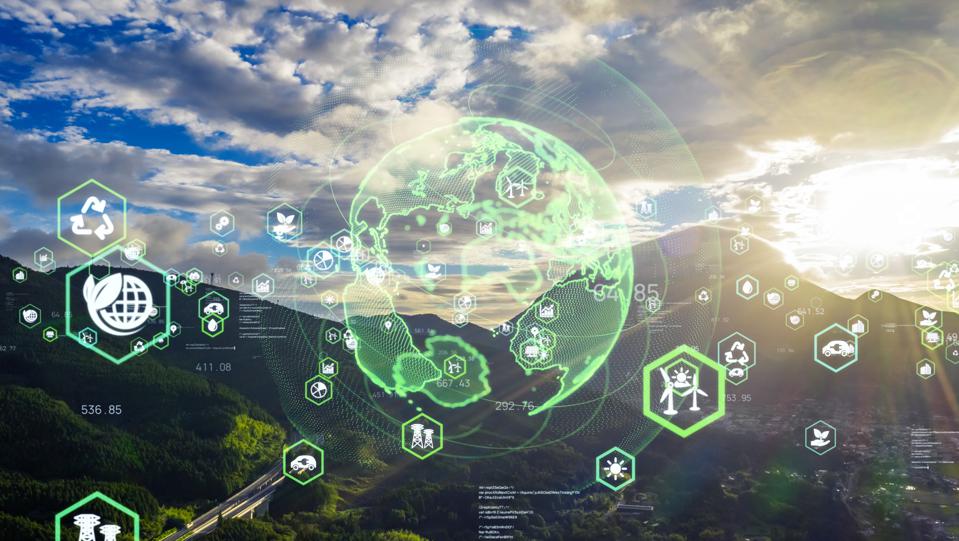Climate change is one of the biggest challenges that humanity is facing in the 21st century. The rapidly changing climate poses a threat to the survival of millions of species, including us humans. The increase in global temperatures, rising sea levels, and extreme weather conditions have raised concerns worldwide, and scientists are working tirelessly to find solutions to this problem. Artificial intelligence (AI) has emerged as a powerful tool that can help combat climate change by providing accurate and reliable predictions, monitoring, and mitigation strategies.
One of the most significant contributions of AI to the fight against climate change is its ability to provide accurate predictions. AI algorithms can process large amounts of data and create models that can forecast future climate scenarios. These models can help policymakers and scientists make informed decisions about how to mitigate the effects of climate change. For example, AI can help predict the intensity and frequency of extreme weather events like hurricanes and droughts, allowing communities to prepare for them and minimize damage. By providing accurate predictions, AI can help prevent or reduce the loss of life and property.
AI can also help monitor the environment and provide insights on how to reduce greenhouse gas emissions. AI-powered sensors can collect data on carbon dioxide and other greenhouse gases, as well as measure air and water quality. This data can then be analyzed to identify the sources of pollution and develop strategies to reduce emissions. AI can also help monitor deforestation and identify areas that need to be protected. By monitoring environmental data, AI can help identify the areas of the world that are most vulnerable to climate change, enabling policymakers to prioritize their efforts.
Another important contribution of AI is its ability to optimize energy usage. AI algorithms can analyze data from smart grids and help optimize energy usage, making the grid more efficient and reducing waste. AI can also help monitor energy consumption in buildings and identify areas where energy can be saved. By optimizing energy usage, AI can help reduce greenhouse gas emissions and lower energy costs for consumers.
Finally, AI can help develop new technologies that can reduce the impact of climate change. For example, AI can be used to develop new materials that can capture and store carbon dioxide. AI can also be used to improve renewable energy technologies, such as wind and solar power, making them more efficient and cost-effective.
However, AI is not a silver bullet and should be seen as a tool to support and enhance human efforts to tackle climate change. Collaboration between policymakers, scientists, and AI developers is crucial to ensure that AI is used effectively and ethically to combat climate change.
